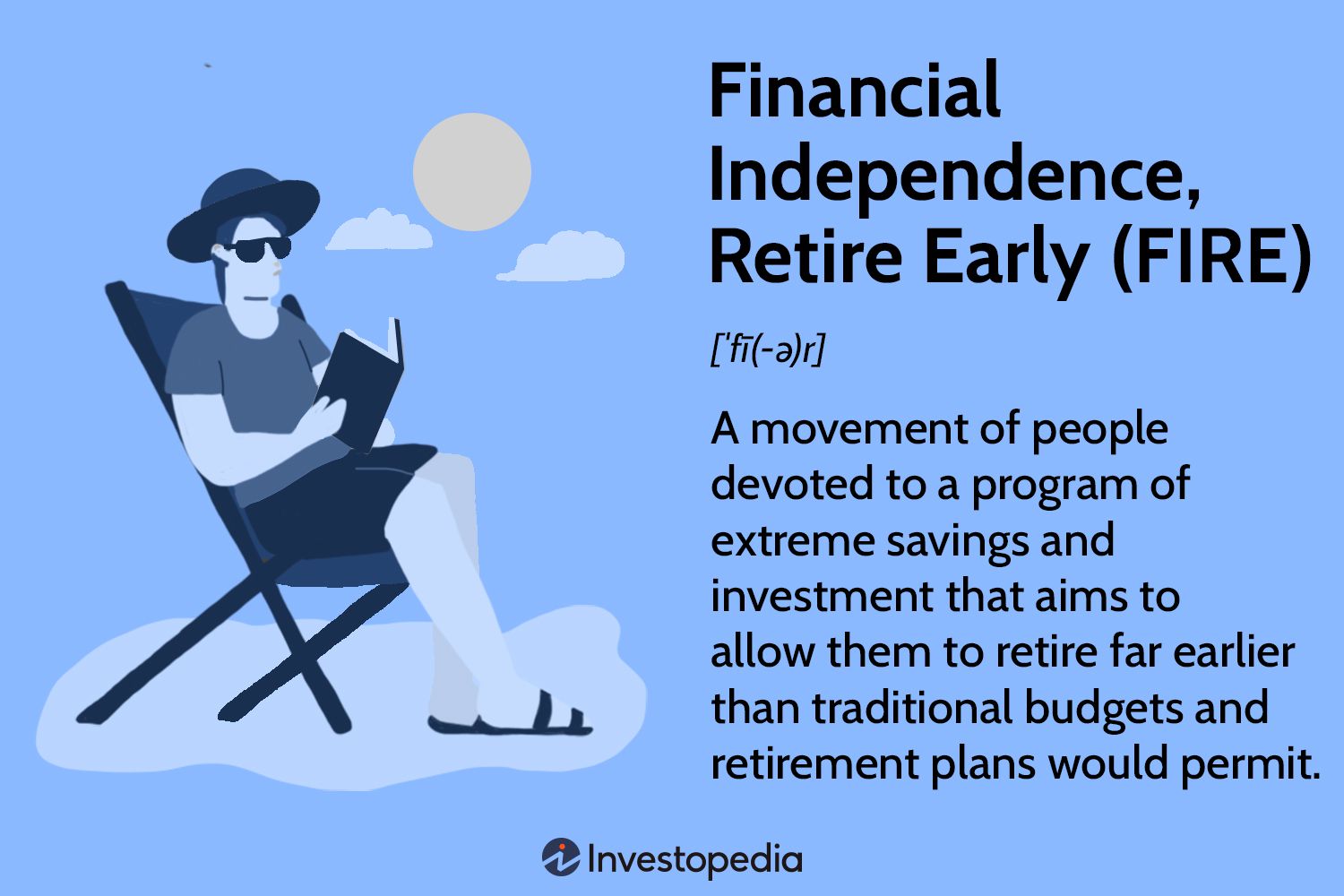How to Achieve Financial Independence

Discover the key steps to achieving financial independence and take this quiz to find out which category you fall into.
1. What is the primary goal of achieving financial independence?
To stop working entirely and live off passive income.
To have enough income to cover all expenses without relying on a primary job.
To accumulate as much wealth as possible.
To live a luxurious lifestyle.
2. Which of the following is a common strategy for achieving financial independence?
Living below your means and investing the difference.
Taking on multiple high-interest loans.
Relying solely on lottery winnings.
Spending lavishly to enjoy life now.
3. How should inflation be considered in planning for financial independence?
Ignore it; it has minimal impact.
Account for it by adjusting expenses annually.
Only consider it if it exceeds 10% per year.
React to inflation after it affects your finances.
4. What role does budgeting play in achieving financial independence?
It's essential for understanding and controlling your finances.
It's only useful for those with low income.
It's unnecessary if you have substantial wealth.
It's too time-consuming and not worth the effort.
5. Why is having a diversified portfolio important for financial independence?
It minimizes risk and enhances potential returns over time.
It makes investing more complicated.
It's unnecessary if you invest in high-growth stocks only.
It limits the potential for large gains.
6. What is a significant factor in shaping financial attitudes and behavior?
Childhood experiences with money.
Adult experiences only.
External economic conditions exclusively.
Strictly formal education in finance.
7. How does frugal living contribute to financial independence?
By reducing expenses and increasing savings rates.
By eliminating the need for any form of entertainment.
By foregoing all luxuries indefinitely.
By living an uncomfortably minimalist lifestyle.
8. Why is having an emergency fund crucial for financial independence?
It provides a financial cushion in case of unexpected expenses.
It's nice to have but not critical.
Only necessary if you have unstable income.
It's better to invest all available money.
9. How does the '4% rule' relate to financial independence?
It suggests a safe withdrawal rate from retirement savings.
It dictates the maximum annual spending limit.
It is a budgeting rule for daily expenses.
It is unrelated to financial planning.
10. What's an important mindset for achieving financial independence?
Focusing on long-term goals and making informed financial choices.
Expecting quick financial success.
Avoiding any form of risk.
Relying on financial advisors exclusively.

